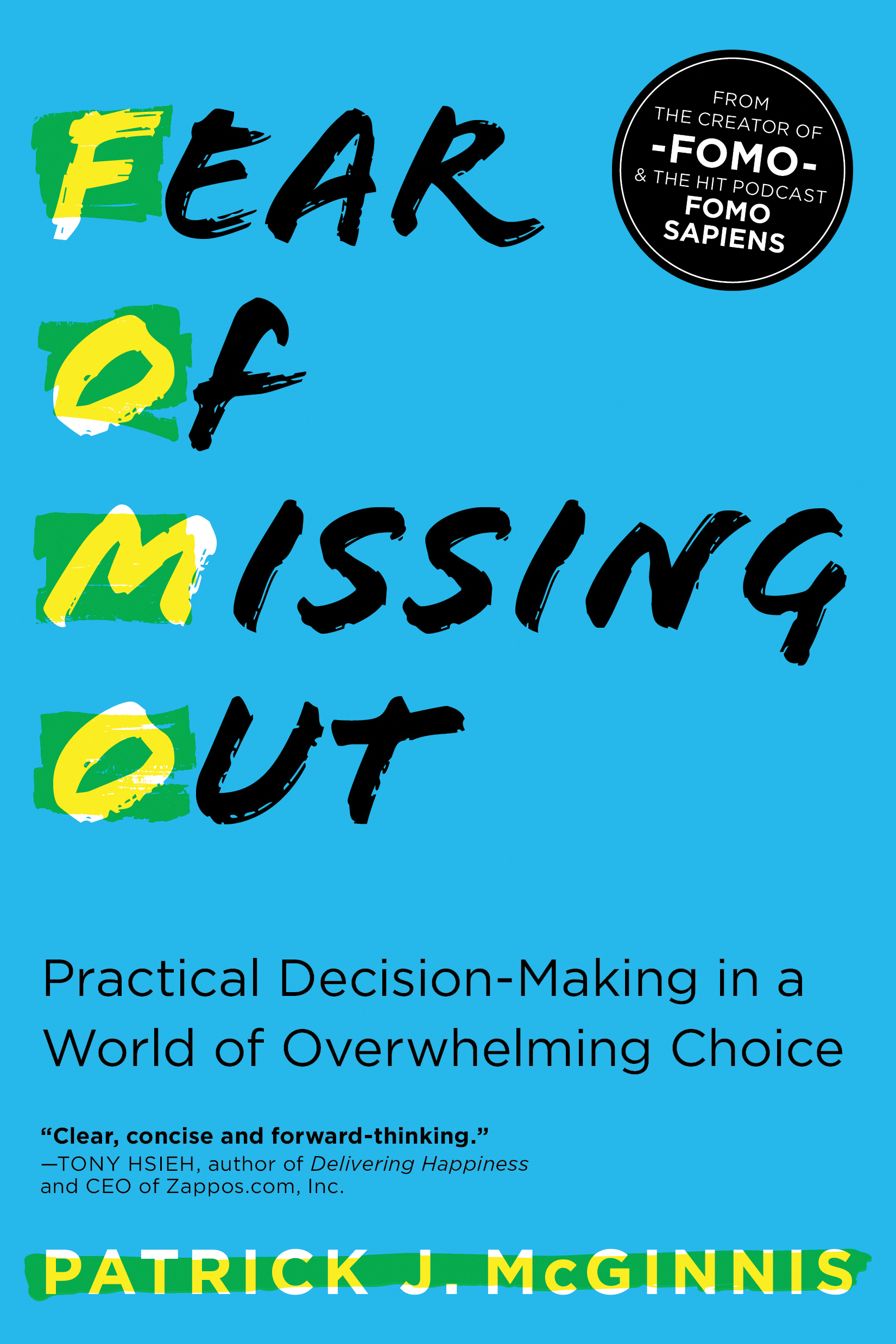Stressed and distracted, people are looking for answers in the form of meditation, yoga classes, and apps that will monitor or limit their screen time. Soon they will be the first generation of guinea pigs for digital wellness initiatives crafted by untold numbers of technology companies. These companies are making mindfulness a billion-dollar industry that’s only going to grow from here. With so much money at stake, the war for your attention has barely begun. We have only seen the opening salvo in what promises to be a long, drawn-out series of skirmishes, fueled by technology, money, and a collective realization that the current trajectory of our connectivity is unsustainable.
Addressing your screen-related ailments though digital wellness initiatives is certainly a good first step to taking back some autonomy. At the same time, most of these tools and apps are nothing more than bandages. You can do as many digital detoxes as you want, but at some point, you’re going to have to pick up your phone and use it. If you live and work in modern society, there is no all-or-nothing option for tech in your life, so you’ve got to find the right balance.
The benefits of rethinking and reframing your relationship with your devices and all of the programs and apps that run on them are clear. In the study “No More FOMO: Limiting Social Media Decreases Loneliness and Depression,” researchers at the University of Pennsylvania found that cutting back on the use of social media sites such as Facebook, Snapchat, and Instagram lowered rates of FOMO, anxiety, depression, and loneliness among a group of undergraduate students. The researcher who designed the study specifically opted to have the students continue using social media, but with limits, as she viewed a complete detox as an “unrealistic goal.”
She’s right. If you want to limit the role of technology in driving your FOs, you have to be realistic: The goal isn’t abstinence, it’s control. One approach to employ this mindset is to think of limiting technology like a diet. If you want to stay healthy and look good, you clearly shouldn’t graze on snacks all day. If you want to stay mentally healthy and on top of your game, you must avoid snacking digitally as well. Email, texting, social media, notifications, and all of the other little snacks on your phone will weigh you down if you consume them all the time. By limiting snacks to a few times a day, however, you can stay mentally fit while avoiding the need to go cold turkey and disengage completely (which is basically impossible). That includes implementing small but important steps like disabling notifications, tracking screen time, erasing distraction-causing apps from your phone, and taking breaks from your devices altogether to allow for focused work or social activities. Just like when you cut out junk food from your diet, you’ll soon realize that you feel a lot better when you’re free from the constant interruptions.
You’ll also discover that there are very few matters in life that need your immediate attention. It’s logical to be concerned that by cutting notifications and disconnecting from “always on” mode, you will miss something important. There is a risk, a very small yet psychologically important probability, that you will miss a life-altering phone call or a transformational bit of news. There’s also a chance that when you leave your house on a given day you will trip and injure yourself, get mugged, or be struck by lightning. Still, you accept that liability, open the door, and go out into the world regardless. That is the price of freedom. The same applies to technology. In order to take back power from your devices, you will have to run the risk that you will miss out on something. Of course, if someone urgently needs to reach you, they will find a way to do so, just as our ancestors did in the technological dark ages.
Putting technology in its place isn’t just a theoretical construct, it’s also very much about how you coexist with technology and your devices in the physical world. A recent survey by Asurion found that 70 percent of all adults and 88 percent of millennials sleep with their phones within reach. Whenever I hear statistics like that, I wonder what I would have thought of that as a kid. Would I have been amazed or horrified to think that in the future most people would spend nearly all of their time with a computer at arm’s length? The creep of technology into formerly tech-free places like the bedroom is astounding, but you don’t have to take it lying down.
Arianna Huffington came up with an innovative solution to the encroachment of technology on your personal space. Huffington is the founder of Thrive Global, a firm that is combatting the “delusion that burnout is the price we must pay for success.” She’s also an expert on the science of sleep. If you’ve ever heard her speak, she’ll likely tell you how she’s managed to help people solve their tech addiction and their sleep problems with one clever product. To make sure your devices don’t trump your wellness, she has invented a phone “bed” that becomes part of your nighttime routine. You can literally tuck in your phone, plug it in for charging, and then say goodbye until morning, when you’ll meet again, both recharged and ready for the day ahead. I firmly agree with Huffington. The bedroom should be a phone-free zone, and that’s long been my own policy, although I have to admit that my iPhone prefers to sleep naked on the kitchen counter.

Follow us here and subscribe here for all the latest news on how you can keep Thriving.
Stay up to date or catch-up on all our podcasts with Arianna Huffington here.


